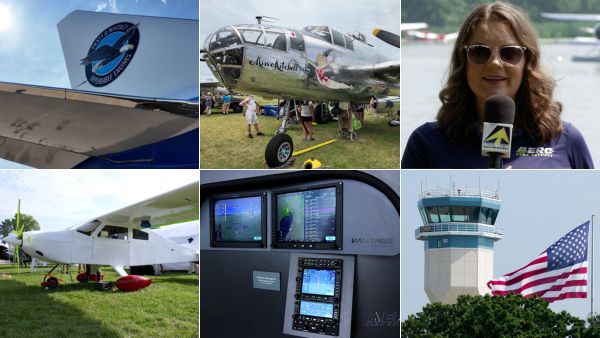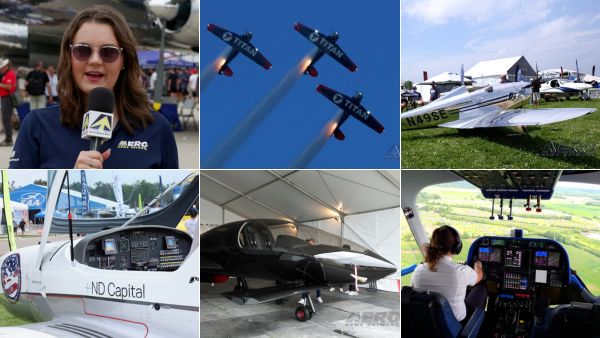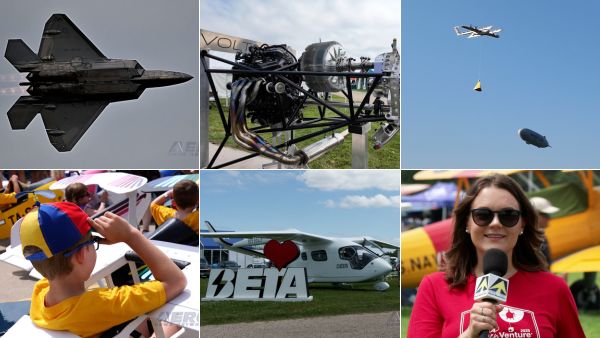Mon, Feb 07, 2011
Top Topics Included Reducing Costs, Increasing Use
The International Space Station partner agencies met Thursday by
videoconference to discuss coordinating the increased use of the
space station as a research laboratory. The agencies want to
continue using the station as a test-bed for exploration and find
innovative ways to reduce costs while increasing use.
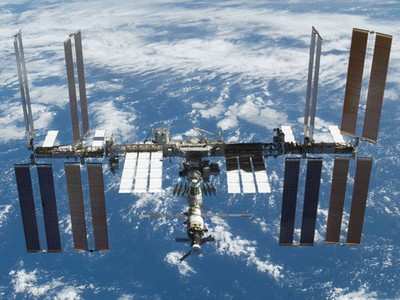
NASA Image
The Multilateral Coordination Board (MCB) meeting included
senior representatives from NASA; the Canadian Space Agency (CSA);
the European Space Agency (ESA); the Russian Federal Space Agency
(Roscosmos); and the Japanese Ministry of Education, Culture,
Sports, Science and Technology (MEXT). As the senior management
board, the MCB meets periodically to ensure coordination of station
operations and activities among the partners.
The MCB reaffirmed its commitment to reduce operational costs,
develop an integrated transportation plan and maximize return by
increasing research aboard the station while developing techniques
for future exploration outside Earth's orbit.
The MCB members reviewed ongoing international use of the
station as a laboratory for scientific research, technology
development and testing and educational activities. In the six
months between March and September 2010, the five partner agencies
have provided 195 research opportunities on the orbiting outpost
for 385 investigators from 29 countries. Increasing the station's
use as a unique laboratory is of paramount importance to the
international partners. The International Space Station has proven
to be an important platform for research in biology and
biotechnology, Earth and space science, human physiology, physical
science, technology development and education.
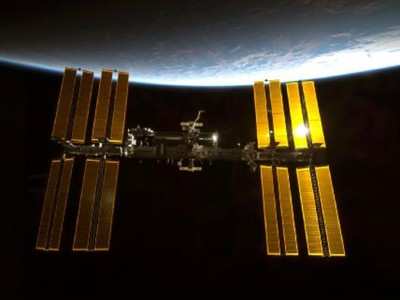
NASA Image
The partners also renewed their commitment to use station
resources and observation capability to assist in humanitarian
needs such as aiding in disaster recovery, tracking oil spills and
monitoring climate change.
All of the partners also recognize the station's role in
inspiring students around the world to learn about science,
technology, engineering and mathematics. More than 30 million
students have participated in human spaceflight through
communications downlinks and interactive experiments with station
astronauts.
The governments of Japan and the Russian Federation have
approved continued ISS operations beyond 2016. The NASA
Authorization Act of 2010 extended operations until at least 2020.
ESA and CSA are working with their respective governments to reach
consensus about the continuation of the station.
More News
Also: Centauri Aircraft Valkyrie, Meet the Admin, Night Airshow, Pelton Intv'w When we laid eyes on this critter, we fell in love… and then we learned the amazing story of t>[...]
Check out Blackshape in Oshkosh Display #190 Situated in the Apulian Aerospace district in Monopoli, Italy, Blackshape embodies the epitome of Italian craftsmanship, style, and qua>[...]
A Powerhouse In Aviation Safety Technology, Visit Alpha Systems AOA at Osh Display#3124-3125 Alpha systems AOA has been developing and integrating Angle of Attack systems for the l>[...]
High-Flying Models By PilotMall.com: Honoring Aviation's Legacy We are dedicated to preserving and celebrating our rich aviation heritage through stunning mahogany wood scale repli>[...]
CiES Has Pioneered Life Saving Technology Of Use To Pilots All Over The World... Booth 3119 CiES: CiES Inc. is the global leader in digital fuel quantity sensors for general aviati>[...]
 OSH25 Day Four Redux: Spirit SE-1!, H55 eFlyer, King Schools
OSH25 Day Four Redux: Spirit SE-1!, H55 eFlyer, King Schools ANN Thanks Our Speedy Sponsor... Blackshape!!!
ANN Thanks Our Speedy Sponsor... Blackshape!!! Alpha Systems AOA Guides ANN Oshkosh Coverage
Alpha Systems AOA Guides ANN Oshkosh Coverage Pilot Mall Intro's High Flying Models To ANN Sponsor Lineup
Pilot Mall Intro's High Flying Models To ANN Sponsor Lineup CiES Fuels ANN's Oshkosh 2025 Special Event Coverage
CiES Fuels ANN's Oshkosh 2025 Special Event Coverage


